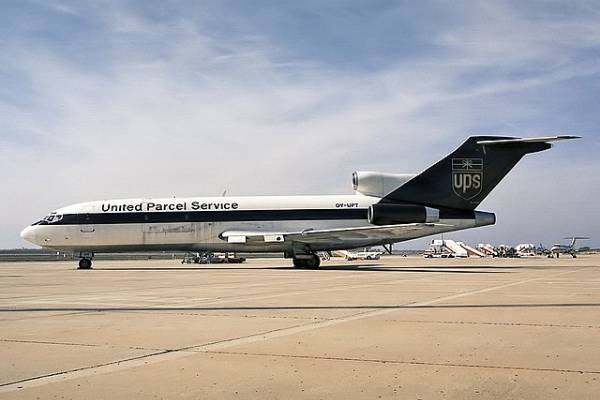Following yesterday’s news that UPS has been awarded what it labeled a “significant air cargo contract” by the United States Postal Service (USPS), which used to be handled by its biggest competitor, FedEx, there has been no shortage of feedback and opinions on the development.
As previously reported, UPS officials said that this contract takes effect immediately while also expanding the existing relationship between UPS and USPS. The company added that after a transition period, UPS will be the primary air cargo provider for USPS, moving the majority of USPS’s United States air cargo. In an 8-K statement filed with the United States Securities and Exchange Commission yesterday, FedEx said that the contract between its FedEx Express subsidiary and the USPS—in which it provides domestic transportation services for the USPS, “will expire by its terms” on September 29, 2024.
Satish Jindel, president of SJ Consulting, explained that the USPS air cargo contract and network has evolved dramatically in the last 20 years, coupled with the changes USPS is making to its service levels for Priority Mail, which was designed to be a two-day network to be positioned against the deferred services of FedEx and UPS.
“It has changed dramatically over time,” he said. “You had First Class packages and mail letters that used to have a next-day commitment for certain lanes. First Class is no longer one-to-five days, it is two-to-five days. Those changes reduce the need for how much needs to be moved on an overnight basis. The air contract has shrunk dramatically and that’s of the design by Postmaster General Louis DeJoy in the USPS's ten-year “Delivering for America” plan that was issued in March 2021.”
What’s more, he said that if FedEx had not modified its network to reflect the lower use of it, then it probably was not as desirable for the company.
“What [FedEx Executive Vice President, Chief Customer Officer] Brie Carrere said about FedEx not liking the pricing FedEx had and needed to get an increase can be challenged,” said Jindel. “USPS was looking to cut costs and found UPS willing to handle the [air cargo contract] business at a price that works for the USPS. I am surprised that some people are saying UPS is taking on a business that they will lose. I cannot see that happening. UPS has had an integrated network for more than 20 years, and what the USPS is looking for is a commit time to get packages moved…whether you move it on a plane or in a truck or a truck and air combination does not matter. My view is that UPS will handle it in a different way than FedEx may have planned to handle it. And as a result, it will be incrementally positive for UPS, not negative.”
Visit Logistics Management to read the full story.
Article topics





